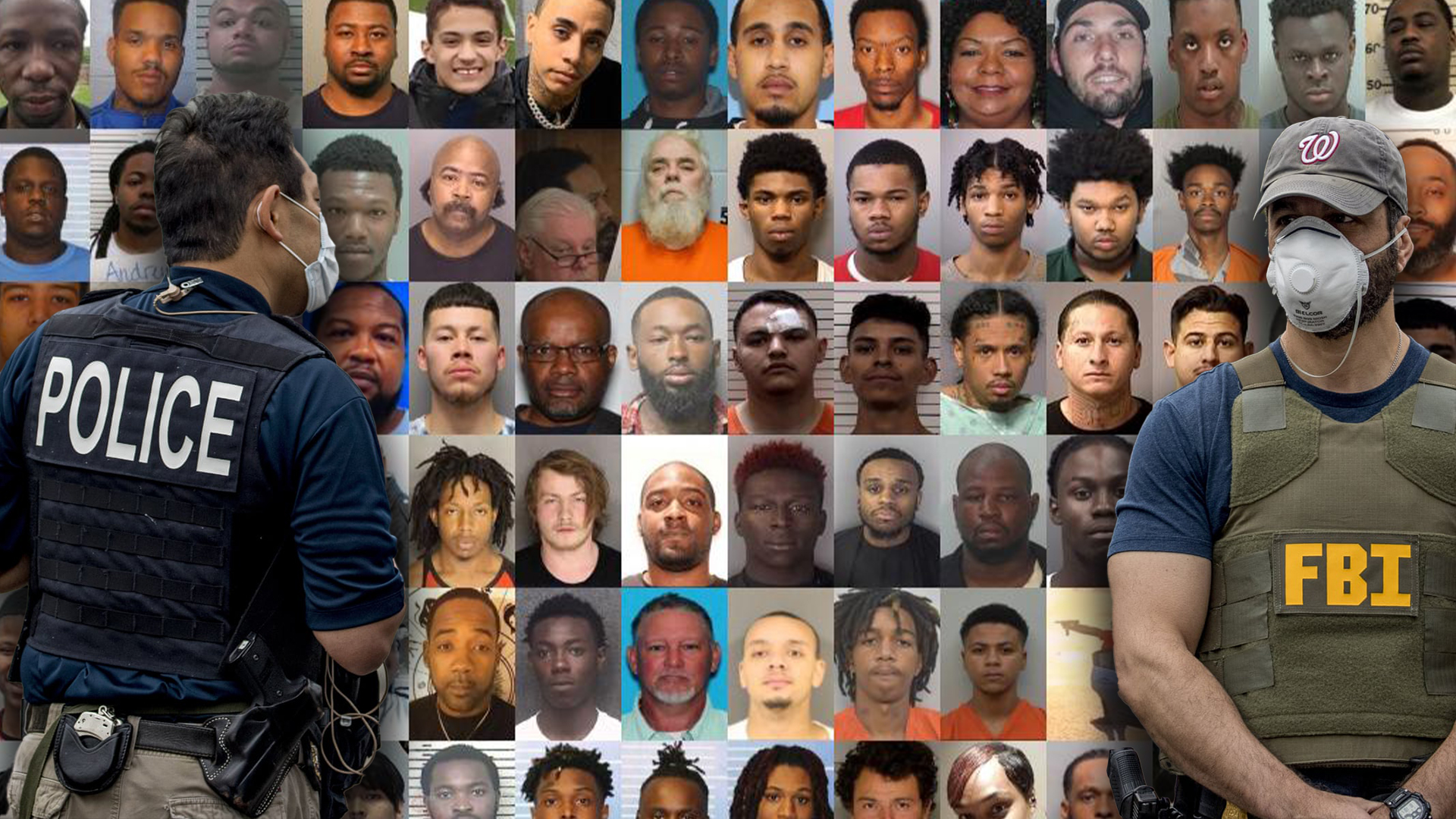- Mar 11, 2015
- 77,369
- 34,967
- 2,330
How Racist Are We Americans? What an AP Poll Suggests
In November 2012, I wrote about an Associated Press poll, conducted by researchers from Stanford University, the University of Michigan, and NORC at the University of Chicago, which was designed to measure “implicit” racial bias. It did not look at gender bias, but the results of the poll are instructive about how likely it is that all of us share the same racial biases.
To measure racism, respondents were shown neutral images of a Chinese character – or ideograph – right after a photo of a black male or a white male had been flashed on the screen. The respondents were then asked to rate their feelings, positive to negative, about the ideograph.
The assumption of this method, apparently, was that the Chinese character or ideograph would, by itself, elicit a neutral reaction, since most Americans don’t know the meaning of such ideographs. Thus, any positive or negative feeling a respondent gave after the ideograph had been shown would actually reflect the respondent’s positive or negative feeling about the photo that had been flashed on the screen just prior to the ideograph.
Each respondent was shown numerous ideographs. If a respondent gave more positive ratings when the ideographs were preceded by a white man’s face than a black man’s face, the respondent was classified as anti-black. Conversely, respondents who gave more positive than negative ratings when the ideographs were preceded by a black than white face, were classified as anti-white.
Overall, the poll results based on this measure suggested that well over half of all Americans had implicit racial biases against blacks.
“When measured by an implicit racial attitudes test, the number of Americans with anti-black sentiments jumped to 56 percent, up from 49 percent during the last presidential election…the share of Americans expressing pro-black [anti-white] attitudes fell.”**
Although the AP news story did not mention the precise percentage with anti-white attitudes, Josh Pasek of the University of Michigan, the lead researcher, sent me the full results.
As shown in the chart below, the poll revealed that 33% of Americans exhibited anti-white attitudes and 55% anti-black attitudes, while 12% exhibited no racial bias.
 Note also that among whites, more respondents revealed anti-black than anti-white attitudes, while among blacks, the reverse pattern is found – although not nearly to the same degree as with whites.
Note also that among whites, more respondents revealed anti-black than anti-white attitudes, while among blacks, the reverse pattern is found – although not nearly to the same degree as with whites.

 www.imediaethics.org
www.imediaethics.org
The poll shows that blacks are not as racist as whites. And that was found without factoring in continuing white racism.
In November 2012, I wrote about an Associated Press poll, conducted by researchers from Stanford University, the University of Michigan, and NORC at the University of Chicago, which was designed to measure “implicit” racial bias. It did not look at gender bias, but the results of the poll are instructive about how likely it is that all of us share the same racial biases.
To measure racism, respondents were shown neutral images of a Chinese character – or ideograph – right after a photo of a black male or a white male had been flashed on the screen. The respondents were then asked to rate their feelings, positive to negative, about the ideograph.
The assumption of this method, apparently, was that the Chinese character or ideograph would, by itself, elicit a neutral reaction, since most Americans don’t know the meaning of such ideographs. Thus, any positive or negative feeling a respondent gave after the ideograph had been shown would actually reflect the respondent’s positive or negative feeling about the photo that had been flashed on the screen just prior to the ideograph.
Each respondent was shown numerous ideographs. If a respondent gave more positive ratings when the ideographs were preceded by a white man’s face than a black man’s face, the respondent was classified as anti-black. Conversely, respondents who gave more positive than negative ratings when the ideographs were preceded by a black than white face, were classified as anti-white.
Overall, the poll results based on this measure suggested that well over half of all Americans had implicit racial biases against blacks.
“When measured by an implicit racial attitudes test, the number of Americans with anti-black sentiments jumped to 56 percent, up from 49 percent during the last presidential election…the share of Americans expressing pro-black [anti-white] attitudes fell.”**
Although the AP news story did not mention the precise percentage with anti-white attitudes, Josh Pasek of the University of Michigan, the lead researcher, sent me the full results.
As shown in the chart below, the poll revealed that 33% of Americans exhibited anti-white attitudes and 55% anti-black attitudes, while 12% exhibited no racial bias.

How Racist Are We Americans? What an AP Poll Suggests - iMediaEthics
In a recent article, former Fox and current CNN commentator, Sally Kohn, argues that everyone is implicitly biased.* As she writes, “all of us need come
The poll shows that blacks are not as racist as whites. And that was found without factoring in continuing white racism.




